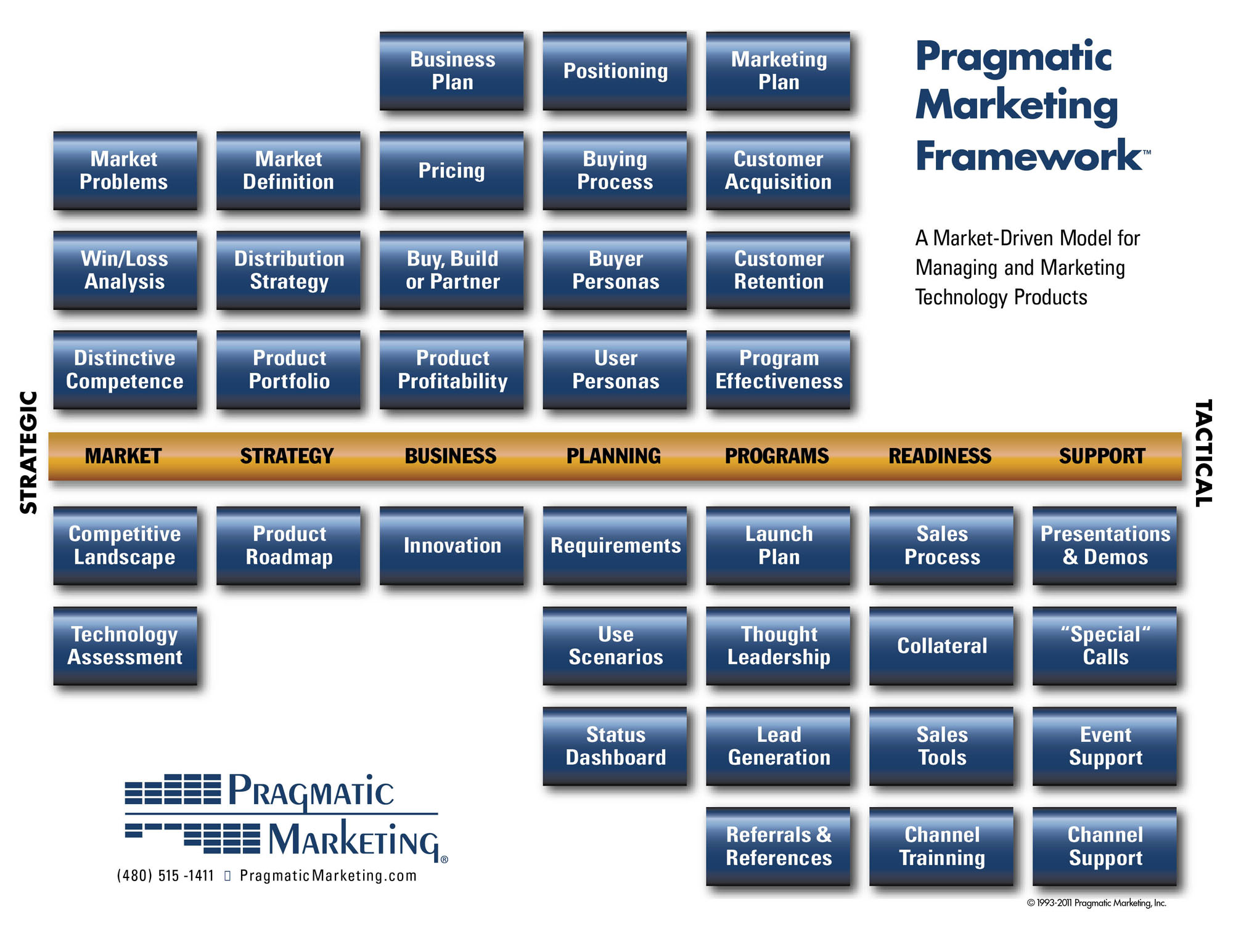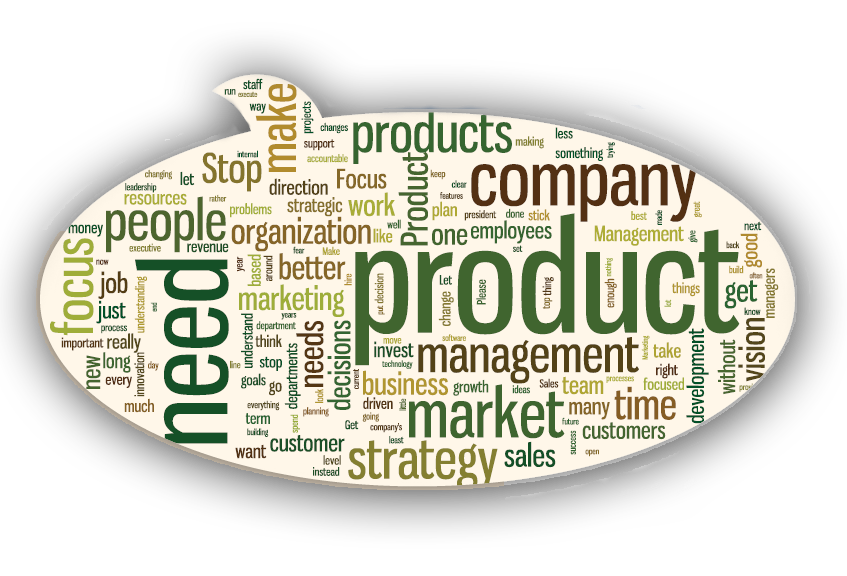The State-of-the-State of Product Management: Special Report from Pragmatic Marketing
Returning from a couple of weeks hiatus, our Pragmatic Marketing Goes Social series, takes a brief break from the blue blocks to look at the findings of this year’s Annual Product Management & Product Marketing Survey. It is truly fascinating.

Delicate Dance
For anyone involved, directly or indirectly, in product management and all the way up the executive, Paul Young’s pragmatic marketing study sheds a clear, bright light on the many challenges and opportunities facing this tangled constituency. While there are a great number of lenses through which to look at the numbers and telling quotes, the study strikes at the heart of the very delicate dance that product managers must perform.
“All of the responsibility with none of the authority”
This one phrase seems to very succinctly encapsulate the frustration for professionals in this role. Today’s harsh economic realities and the resulting pressures on companies to trim and optimize their operations means a continuous tipping of the scale.
One look at the list of primary activities on page 5, and the percentage of respondents engaged in them, sets the stage. When I joked earlier in this series about the daunting task of completing the pragmatic marketing checklist, we see that it is really no joke at all. More than half of the survey’s respondents cited more than 17 major – what I’d call, “Category A” responsibilities – within their mandate.
Not for the feint of heart these include everything from knowing the market, the customers and technologies to maintaining the roadmap, developing messaging, and writing collateral. Where did marketing go? They are probably too busy managing social media programs to get bogged down in those traditional mainstays.
The end result is summed up in a series of quotes in response to the question “How has your job changed over the last two years?”. Under the heading of resources, we quickly see what’s afoot.
“Continuously getting more projects with less and less resources.”
“More has been piled on. The harder you work the more work you get…”
“If anything the role has become stretched tighter with the current economic conditions. We are expected to be involved and contributing across all aspects of the product, from marketing to development to project management to post-sales support management. Meaning less time is spent really focused on the core role.”
Contrast that with the words survey takers said they would offer their presidents if there were no chance for reprisals.
“You say that you believe in a strong product management department to best answer market needs and lead our products in the right direction. Now, convince your direct reports in other departments that it is important too.”
“We need to stop chasing shiny objects and focus on moving toward the long term vision.”
and most tellingly..
“Let’s base decisions on data and not your gut feel…”
One clear indication of the authority being stripped away is reflected in the very low number of product managers actually responsible for P&L. Most of the companies I have worked with, from Telecom to Health Sciences, have given the responsibility of Profit and Loss to product management. The fact so few in the aggregate of this survey retain it is both telling and unfortunate. It’s also likely connected to the following thematic quotes in “If you could say something to the president” section.
“There is too much emphasis on short-term financial goals rather than long term stability.”
“You need to push harder to invest in strategic projects that don’t have current year payback.”
One doesn’t need to be a game theorist to understand how this “more and more responsibility/less and less authority” dynamic came about. As companies expand and diversify and focus more and more on the multiple market segments they serve, the product management function becomes increasingly abstracted from the capital “S” strategy of the company.
While the collective market knowledge of product management likely dwarfs that of any other single group, including executive, based solely on the volume of info they must digest, the continuing tendency to silo product teams and remove them from the nuts and bolts financials of the product leaves them at very least, disempowered…. “Continue to believe and empower your people”…and at worst, disgruntled…“Your opinion, although interesting, is irrelevant…”
Once again, hats off to Paul Young for his excellent and informative report on the state of the state of Product Management.

If you remove advertising, production will go into a stupor, the meaning of product improvement and replenishment of its assortment will be lost. Competition will decrease, which will lead to a narrowing of the choice and, as a result, a drop in the quality of services provided and goods produced for the final consumer, formulating an effective Facebook marketing strategy